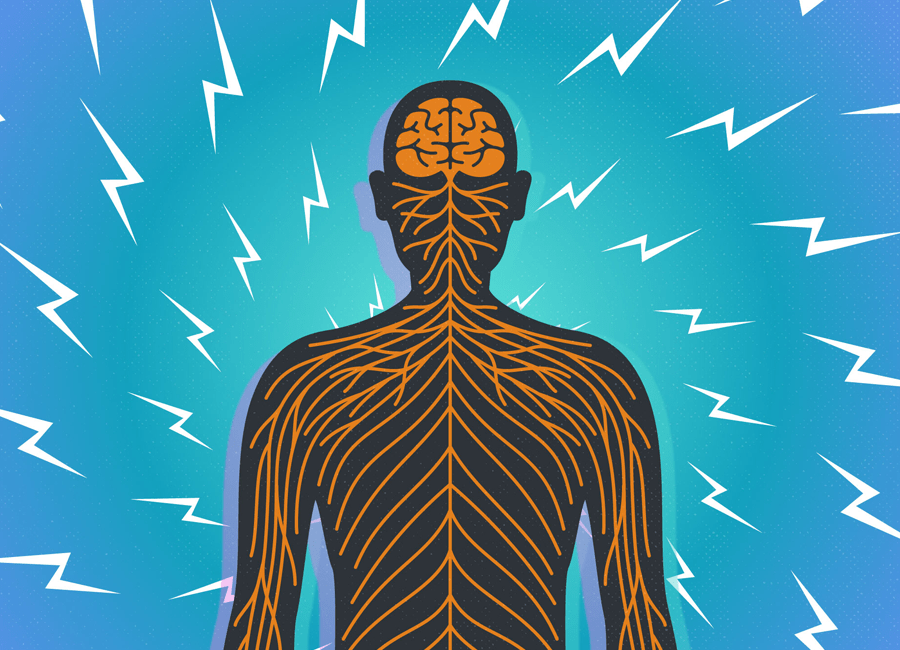Do Your Weird Symptoms Fit the Criteria for Chronic Fatigue Syndrome?

Do Your Weird Symptoms Fit the Criteria for Chronic Fatigue Syndrome?
You are constantly tired. It’s not like you are just a bit sleepy after a troubled night of sleep; it feels like you are continuously exhausted through to your bones. Your joints ache from the effort of holding you up, and your brain is persistently fogged. The problems can go beyond the physical, as exhaustion impacts your quality of life. It is common for people to feel low and anxious much of the time because daily activities are always challenging.
If you recognize this combination of strange symptoms, you may be experiencing the effects of chronic fatigue syndrome (CFS), also known as myalgic encephalomyelitis (ME).
Understanding CFS
While many strange symptoms are associated with CFS, it is marked by persistent fatigue lasting for more than six months. This fatigue cannot be satiated with rest, and it profoundly impacts your ability to function. Your lack of energy severely limits your quality of life.
As well as exhaustion after little effort and unrefreshing sleep, there are other symptoms you might recognize, including:
- Brain fog
- Muscle and joint pain
- Frequent and severe headaches
- Sore throat
- Swollen lymph nodes
- Constantly feeling on the verge of getting sick
Getting a CFS Diagnosis
Diagnosing CFS is tricky, as the symptoms described sound like many other common illnesses. A doctor will likely want first to rule out other causes of your symptoms. This might feel like you are not being believed, and many people report this. However, as no specific test shows CFS, a doctor must rule out every other possible cause to come to this conclusion. It feels unfair that the route to a diagnosis is so tiresome, and it is worth going through the process to get the support you deserve.
Your doctor will likely request blood tests, sleep studies, and a physical examination to rule out other causes, such as anemia, thyroid issues, or autoimmune diseases. It is crucial to seek professional advice even though these tests may seem overwhelming.
One of the awful truths of CFS is that you cannot even bear the thought of such activity, and yet, to get to your solution, you need the support of a medical professional.
How will a doctor help you with your chronic fatigue syndrome?
There is no pharmaceutical intervention that cures CFS. However, your doctor can prescribe various medications to help with the worst symptoms. For instance, pain relievers for your joints and headaches, antidepressants to deal with the mood disorders associated with CFS, sleep aids or stimulants, and more. In short, there is a lot the doctor can prescribe.
They will also offer two other potential sources of support. 1) They will explore your lifestyle choices with you and offer guidance on how this might be adapted. 2) They can refer you for cognitive therapy to deal with depression and anxiety.
Help is possible.
One of the problems of CFS is the pervasive sense that everything is too hard. Getting a diagnosis and finding the right treatment plan requires you to believe in professionals who can deliver for you. Once the right plan is in place, you will feel better. Lean into the support until you can support yourself.
Learn more about chronic fatigue syndrome and natural ways to treat it by checking out Chronic Fatigue Syndrome: Your Route to Recovery by Nutritionist and Naturopath, Laura Windas.
Affiliate Disclosure: Site owner earns commissions through purchases made through affiliate links.










